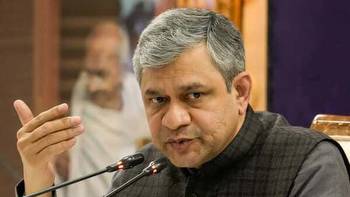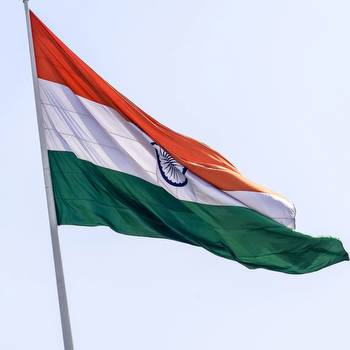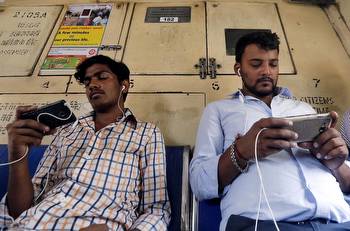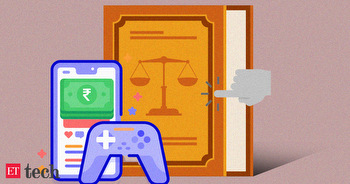Eight major issues with India's proposed online gaming rules

India’s IT Ministry on January 2 released draft rules to regulate online gaming. We have done a summary of the proposed rules, but if some of them feel convoluted, unclear, or incomplete, that’s because they are. Here are some of the key issues we found (so far) with the proposed rules:
1. Why are online gaming platforms classified as intermediaries: The rules classify online gaming platforms as intermediaries. Firstly, there is a debate on whether subordinate legislation such as the IT Rules can define sub-categories like “social media intermediaries” and “online gaming intermediaries.” But even if you allow that, why are gaming platforms considered intermediaries when most of them actually publish games themselves and don’t host games on behalf of other users, which is what an intermediary does? Essentially, gaming platforms are publishers. Thirdly, by making them intermediaries, do the rules give them safe harbour protection under Section 79 of the IT Act, even if these sites host harmful content?
FREE READ of the day by MediaNama: to sign-up for our free-read of the day newsletter delivered daily before 9 AM in your inbox.
2. Do the rules ban gambling: Multiple newsreports and even the by the government quote IT Minister Rajeev Chandrasekhar as saying the “rules have strict provisions against betting and wagering” and “online games that allow wagering on the outcome are effectively a no-go area.” But where in the rules is betting (or gambling) prohibited? The only thing the rules say is that online gaming platforms should not host games that contravene gambling or betting laws. Firstly, gambling or betting is not defined in the rules, and secondly, gambling laws in India are a mess. The central gambling law is a 156-year-old law and the gambling laws in states differ widely on what’s allowed and what isn’t. For example, Tamil Nadu considers rummy as gambling and has sought to ban it, but the Supreme Court has ruled multiple times that rummy is a game of skill and players are not exactly gambling, which is when they are playing a game of chance. Moreover, the biggest debate of what is considered a game of skill and a game of chance is not clarified by these rules. So what games are banned under the proposed rules, what isn’t, whether gambling is allowed if some self-regulatory body approves the game, etc, all remain unclear.
3. What does the proposed definition of “online games” cover: The question of whether gambling is banned or not gets even more confusing when you look at the definition of an “online game.” The rules define it as “a game that is offered on the Internet and is accessible by a user through a computer resource if he makes a deposit with the expectation of earning winnings.” Take roulette, for example. It is a game purely based on chance and is hence widely considered as gambling. But even then, roulette players make a “deposit with the expectation of earning winning.” Doesn’t this make roulette an online game? More importantly, doesn’t this then classify all gambling games as online games? And if that’s the case, don’t the rules essentially allow gambling, albeit with certain safeguards like a grievance redressal system, self-regulatory body, KYC norms, etc?
4. How exactly will self-regulatory bodies assess and approve games: The rules require gaming platforms to only host games registered with some self-regulatory body. Section 4B(6) of the proposed rules states that self-regulatory bodies must come up with a framework to verify games and the framework should take into consideration aspects like harms caused by the game, measures undertaken to protect children, measures undertaken to prevent addiction, etc. Section 4B(5), which deals with the registration of games, does not require the self-regulatory body to consider this framework when registering an online game. Instead, it had some other criteria that the body must consider. So what is the “framework” for? Additionally, what is the mechanism by which a gaming platform can get a game registered and what can the platform do if the body refuses to register a game? Can they appeal this to the IT Ministry?
5. Do online gaming platforms have to be part of self-regulatory bodies: Self-regulation is the theme of the proposed rules, which is probably why the industry has largely reacted positively to the rules. Although the rules require self-regulatory bodies to be set up and register online games that are allowed to be hosted by gaming platforms, the rules don’t seem to require gaming platforms to mandatorily be part of any self-regulatory body. They have to only host games that are registered with some self-regulatory body, but they need not necessarily be a member of the body. If that’s the case, how can these platforms be held accountable and which self-regulatory body can users appeal to if their complaint is not resolved by a gaming platform?
6. Will certain online gaming intermediaries be considered significant social media intermediaries: According to the proposed clause 4A, an online gaming intermediary shall be subject to the due diligence obligations applicable to significant social media intermediaries under clause 4, “where applicable.” Does this mean gaming platforms with more than 50 lakh registered users will be considered significant social media intermediaries and be subject to the additional obligations, and if so, is this fair on gaming platforms, which are fundamentally different from social media platforms?
7. Rules effectively shut out smaller, global players: The rules club all online gaming intermediaries into the same bucket irrespective of size and origin. “Similar obligations on all gaming companies can disproportionately burden young startups; the need for all companies to have India-based compliance officers can make it difficult for global players to start offering their services in India,” Rohit Kumar, founding Partner at TQH Consulting, .
8. Excessive power in the hands of the government to classify any game as an “online game”: Section 6A of the proposed rules allows the government to classify any game played on the internet as an “online game” and subject these games to the rules even if there is no deposit made by the player, as long as the government believes that the “game may create a risk of harm to the sovereignty and integrity of India or security of the State or friendly relations with foreign States or public order, on account of causing addiction or other harm among children.” This essentially allows the government to go after any game. Beware Chinese gaming apps!
This post is released under a CC-BY-SA 4.0 license. Please feel free to republish on your site, with attribution and a link. Adaptation and rewriting, though allowed, should be true to the original.














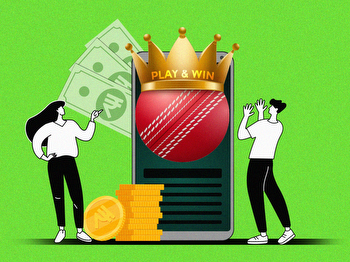
![[The Viewpoint] Online Gaming to follow New IT Rules](/img/di/the-viewpoint-online-gaming-to-follow-new-it-rules-1.jpg)



